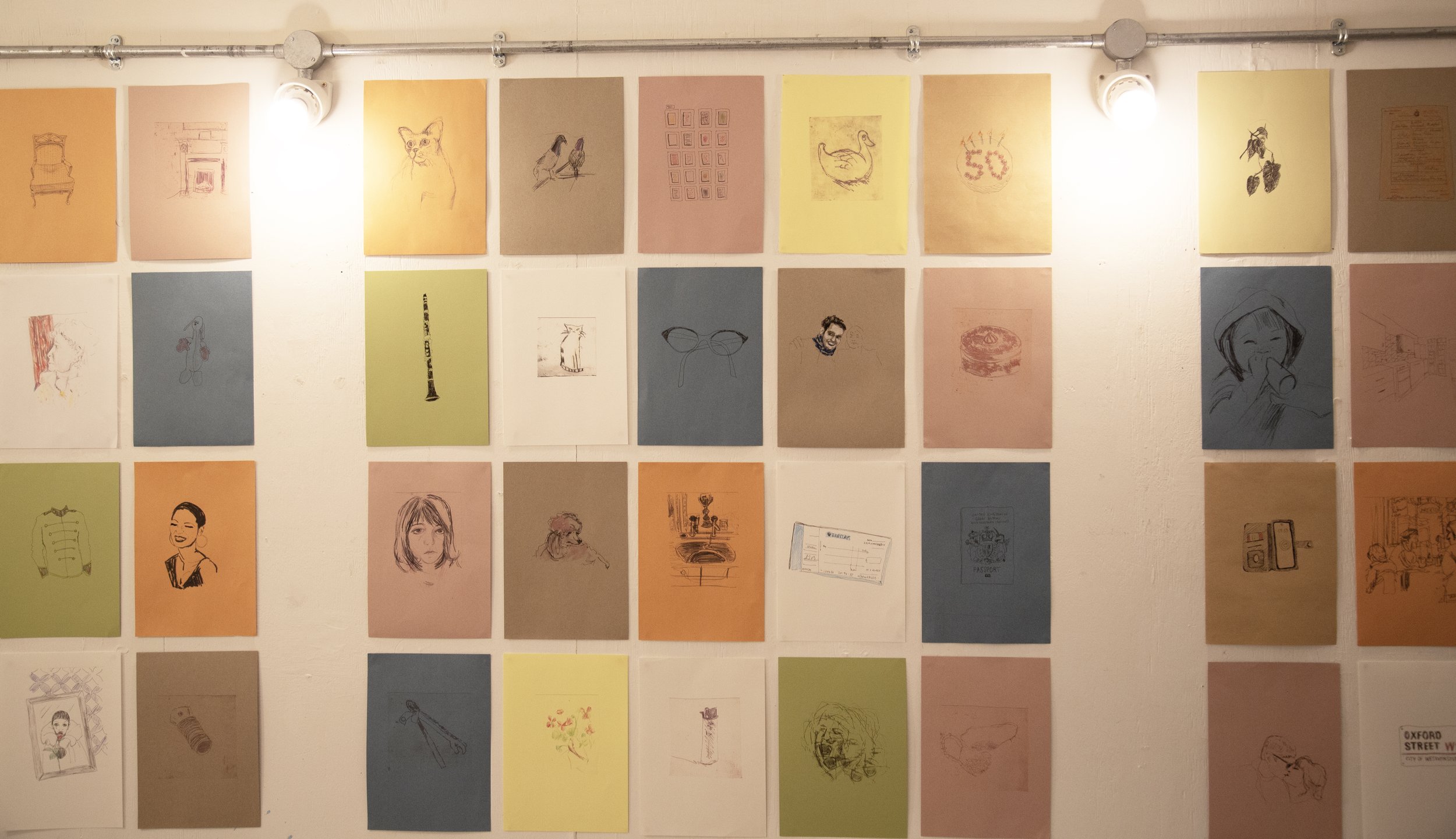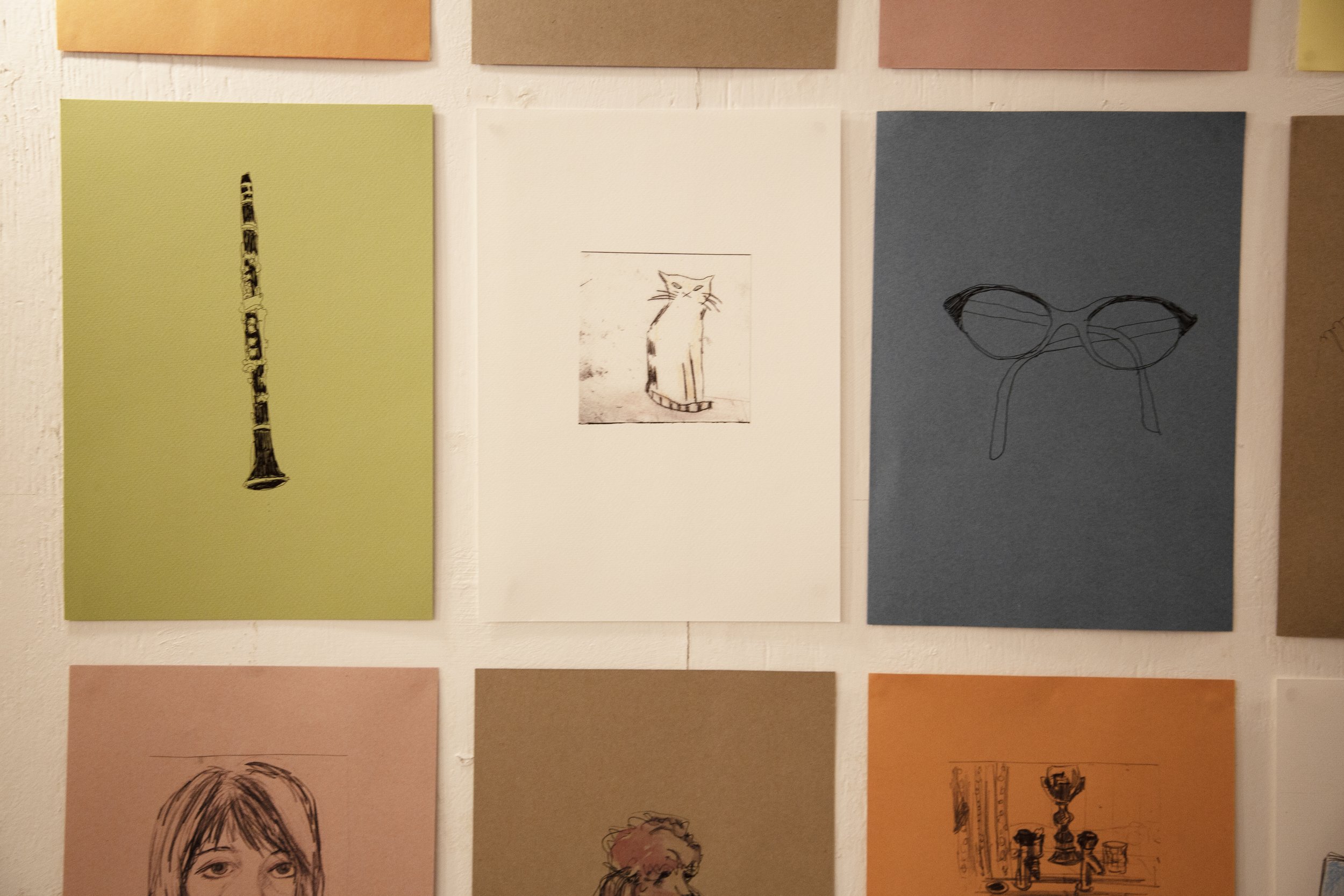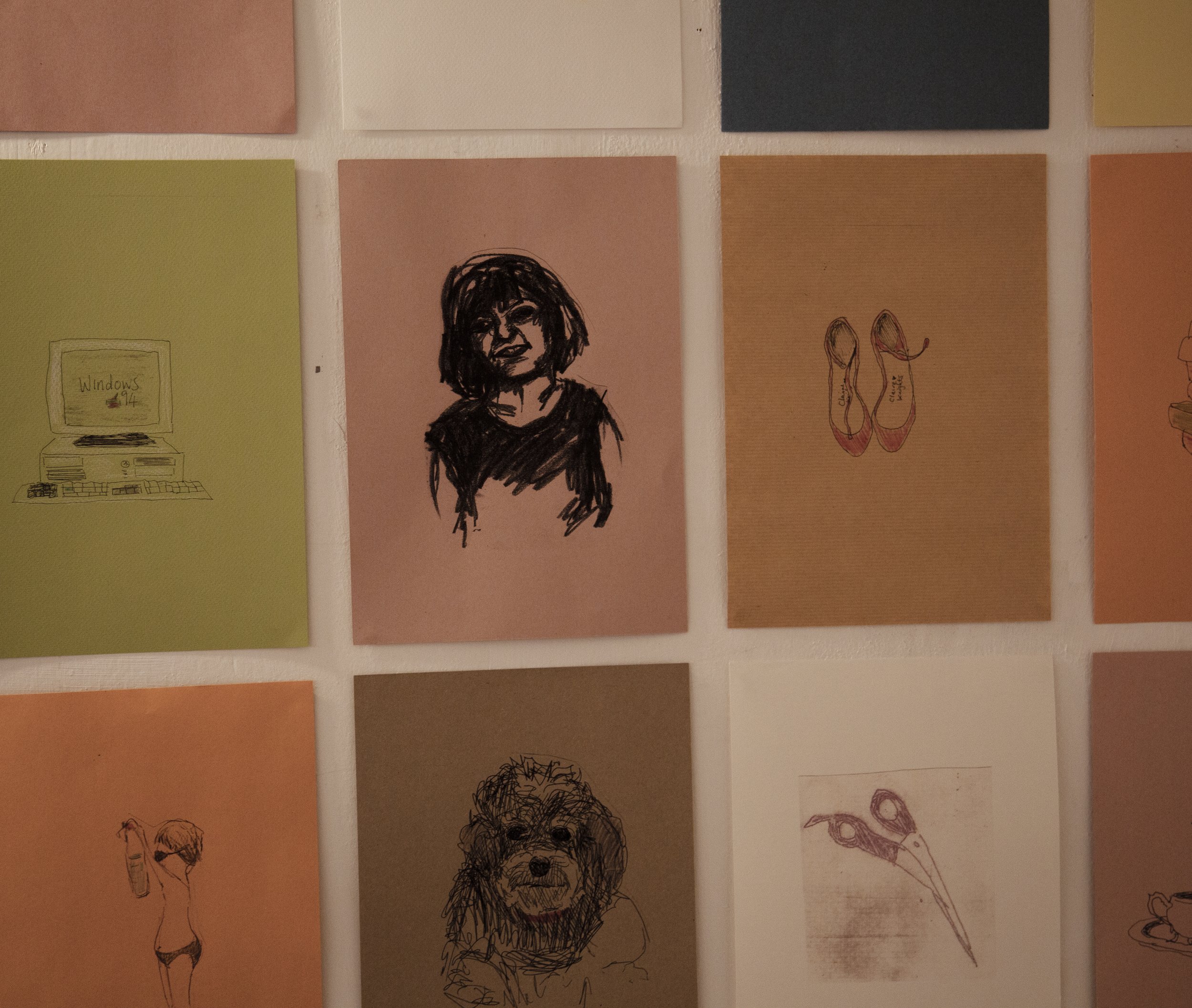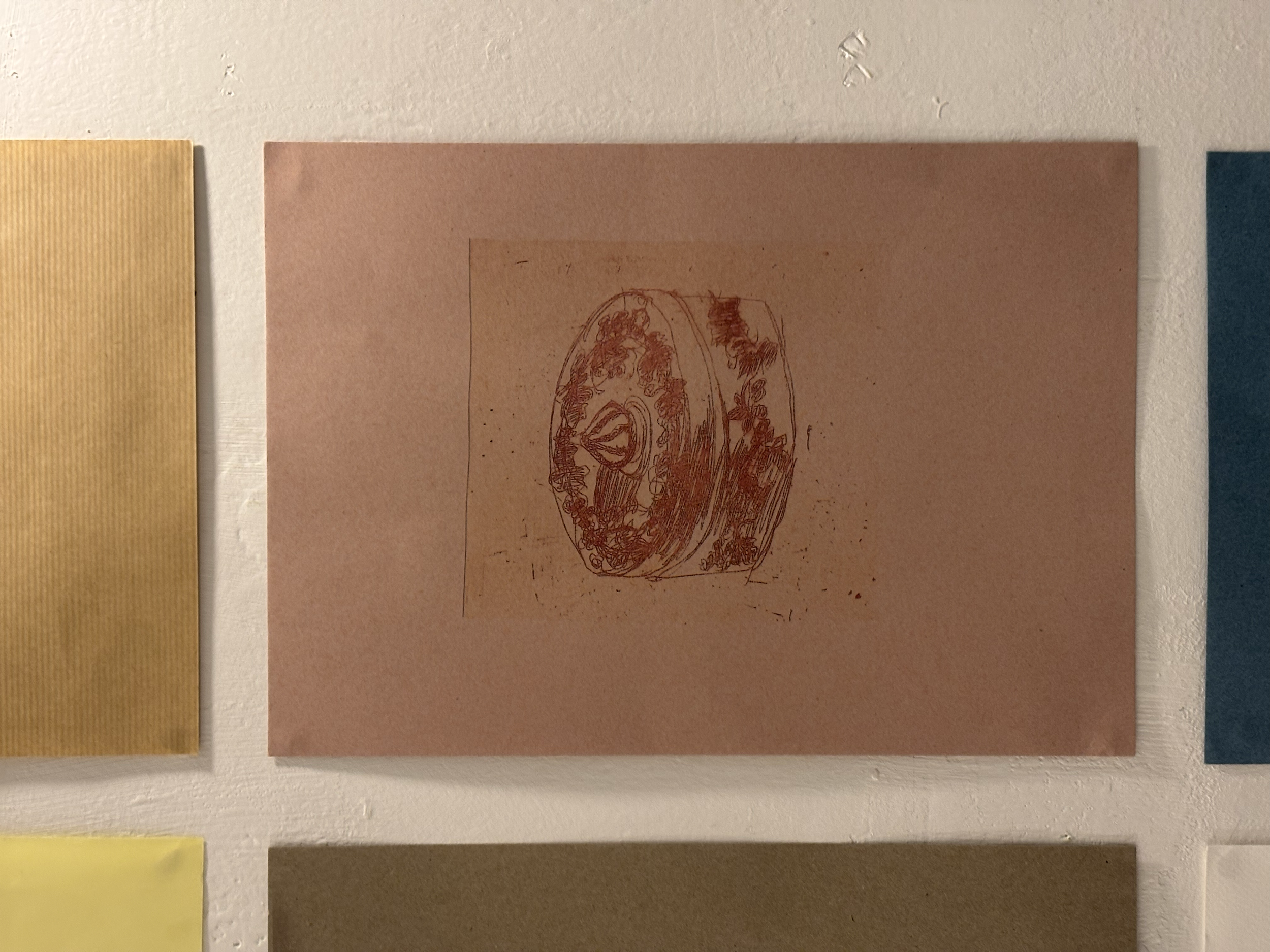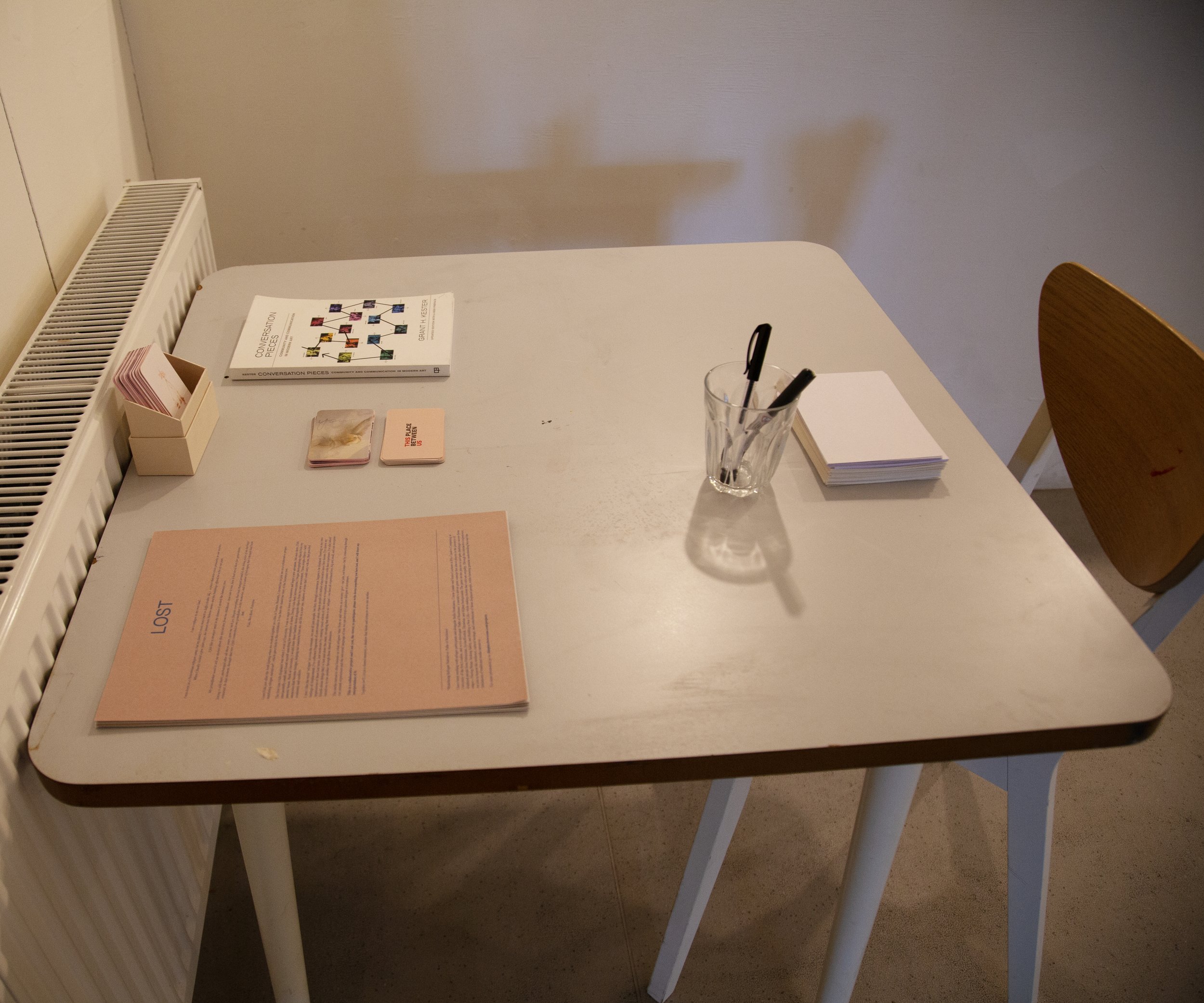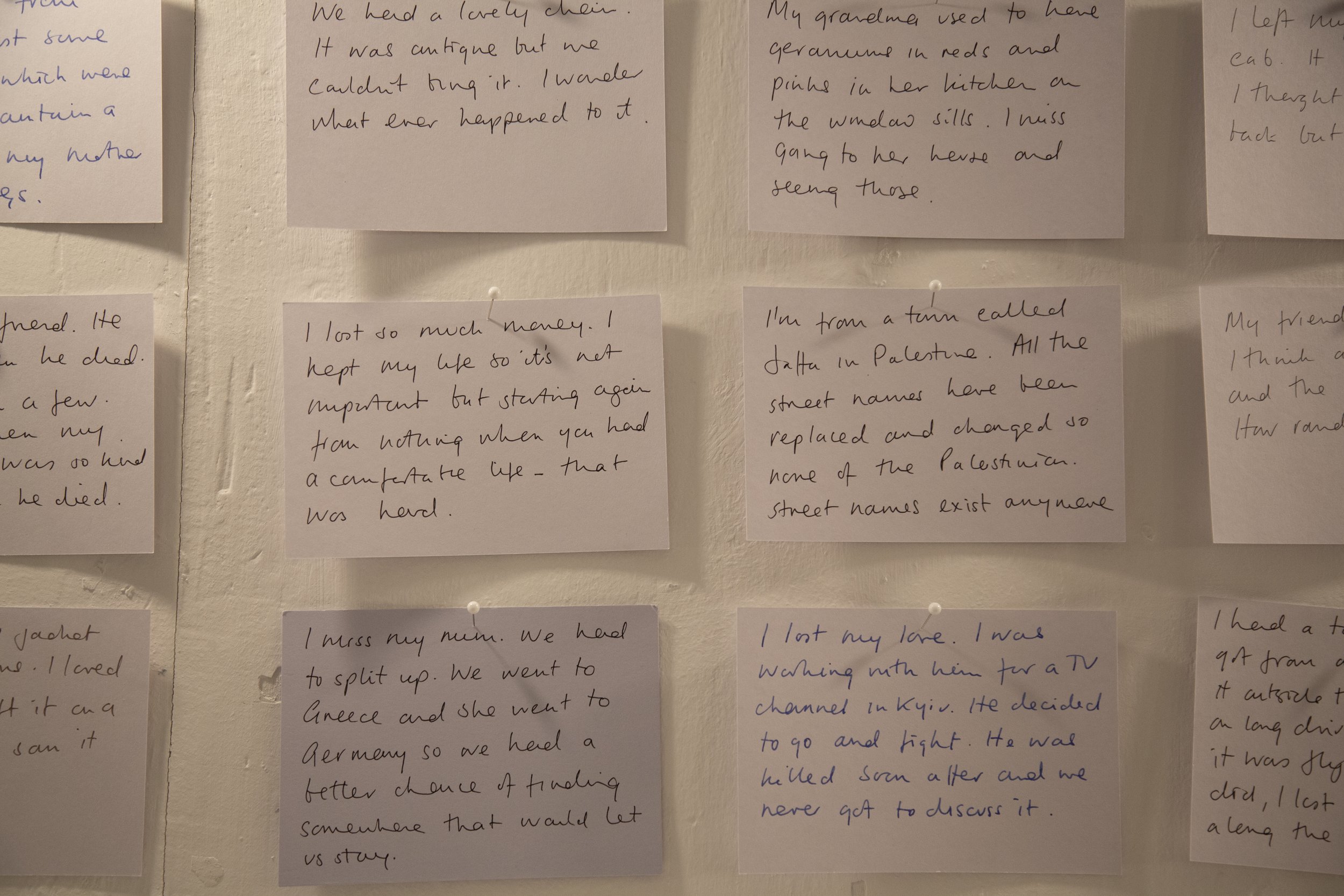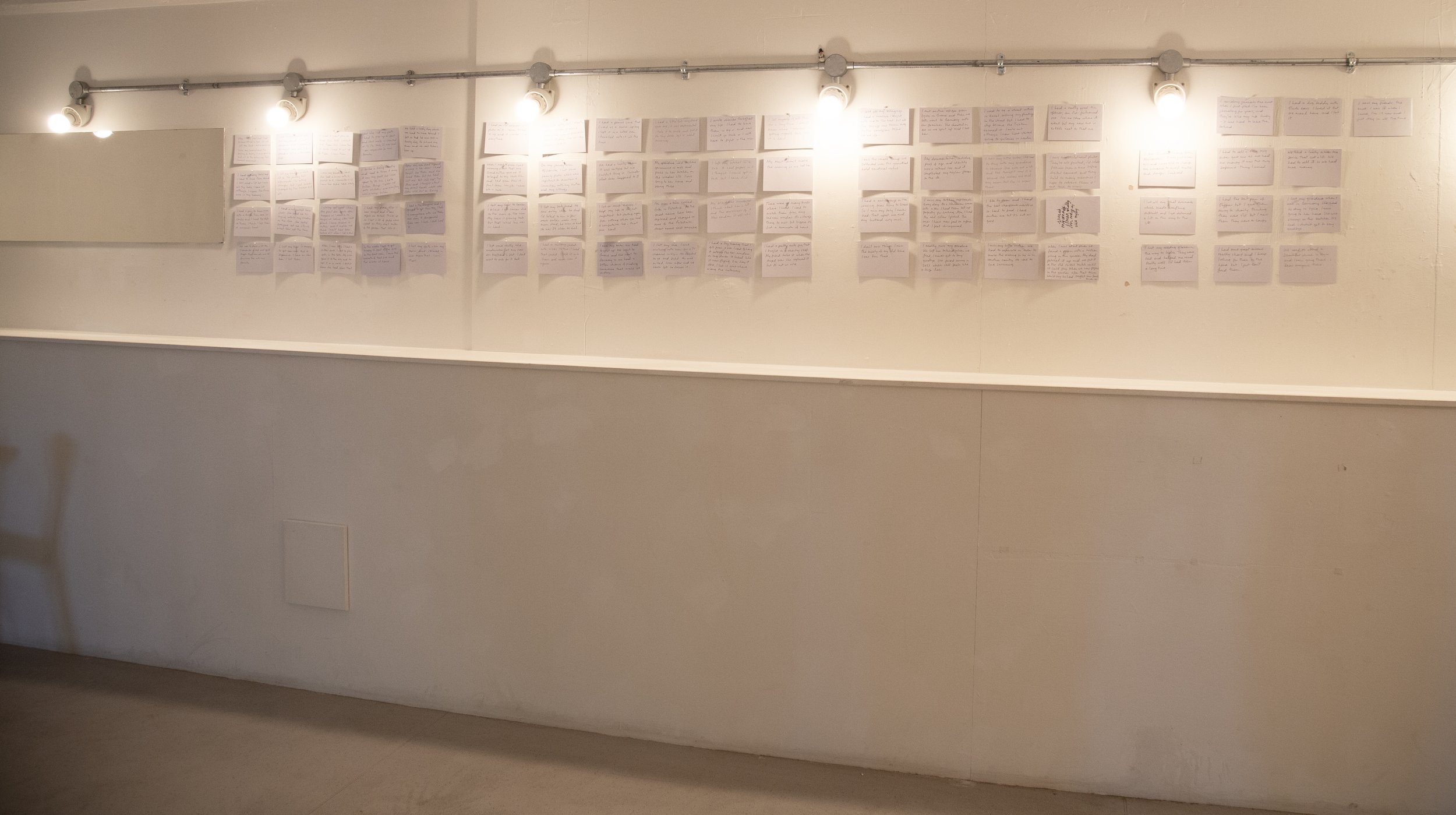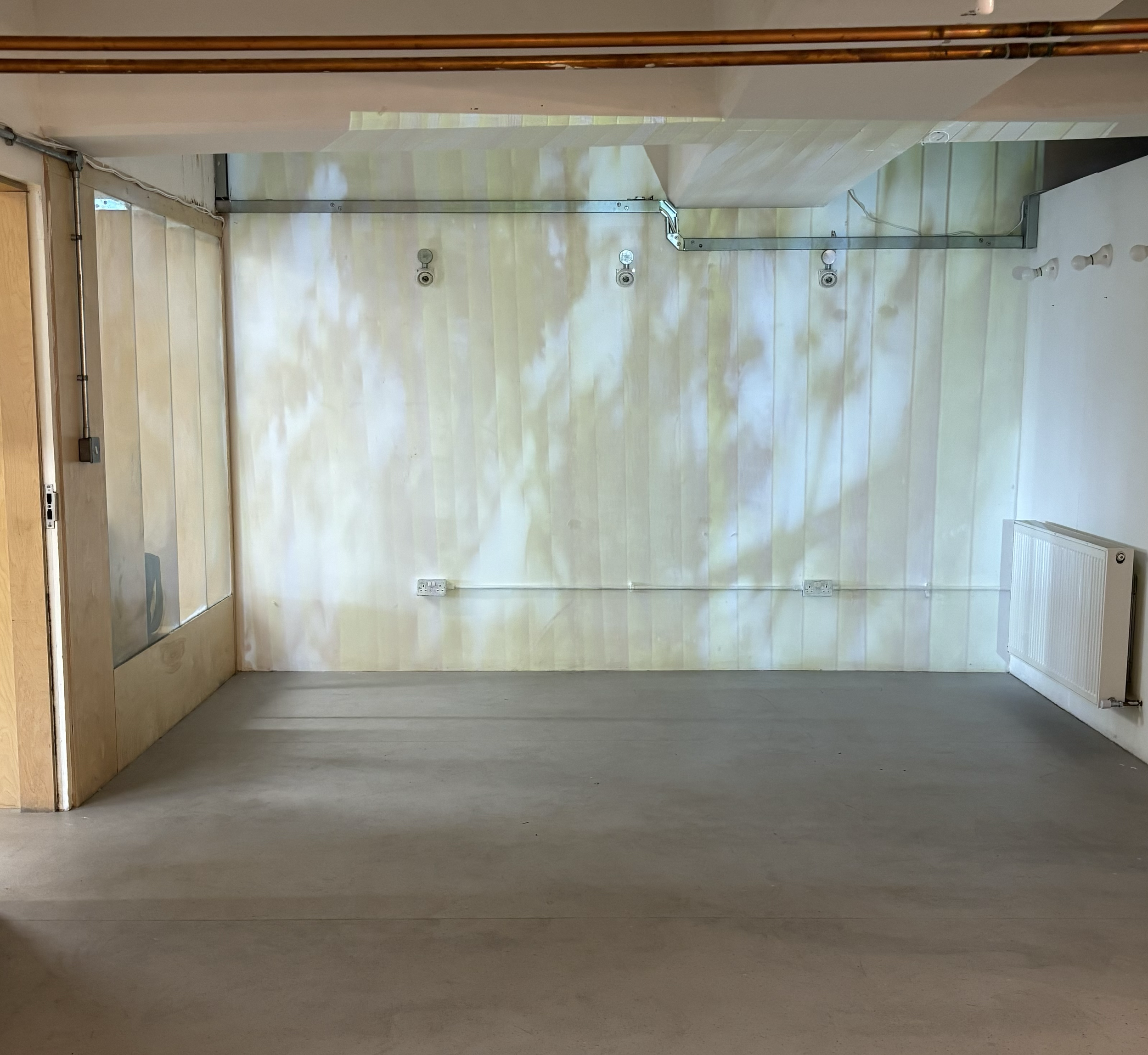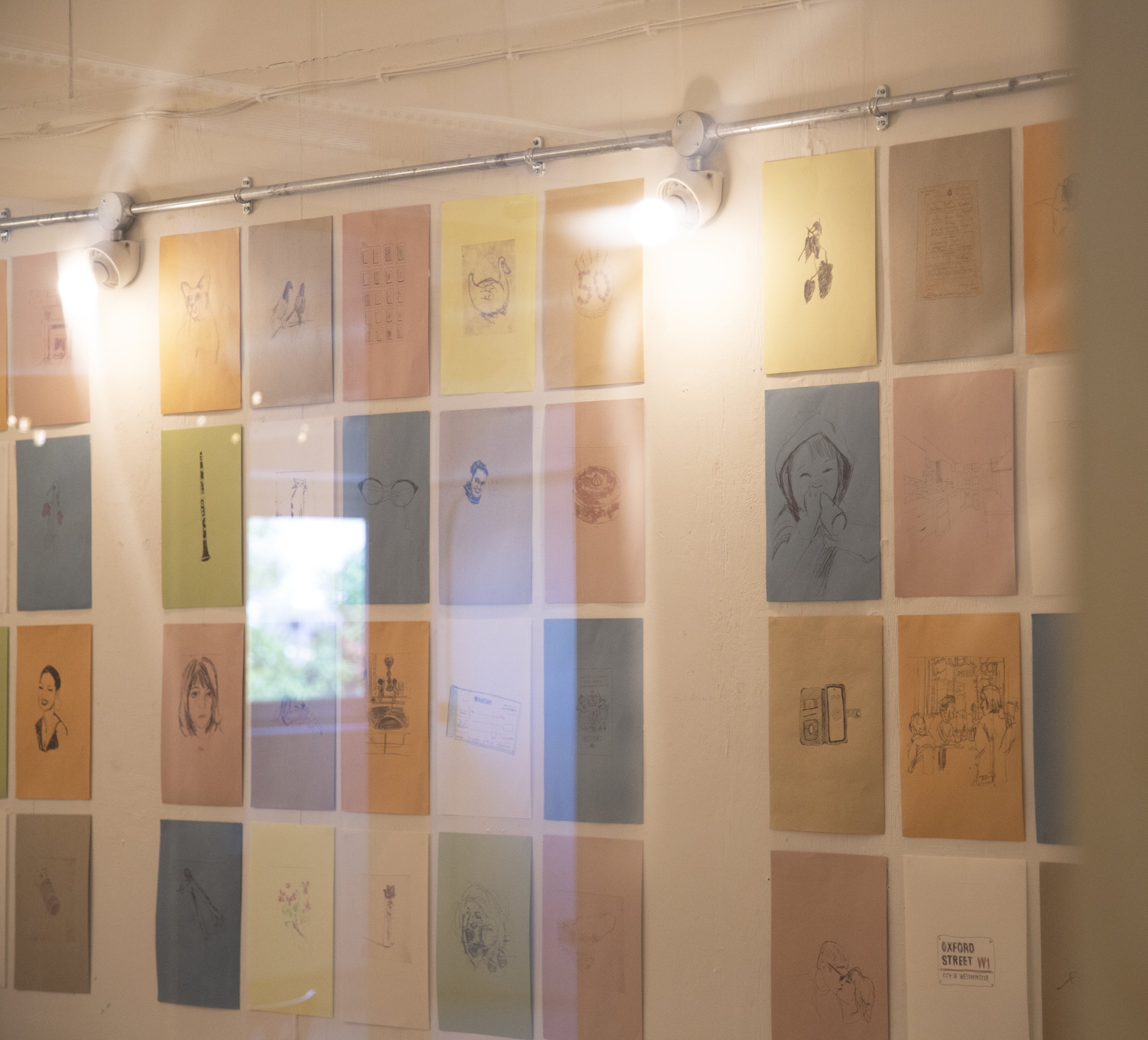LOST
I am a refugee in my own land.
I was born in a Palestinian refugee camp, but my family's roots trace back to Jaffa (Arabic يَافَا†) - a place that now exists primarily in our stories.
When I finally visited a few years ago, the streets bore Hebrew names and the buildings offered no echo of our past. I felt like a stranger until in the distance I spotted the Jummayz tree. My grandfather used to tell me stories about this special tree from his childhood—how rare it was, how it had stood there for generations.
Seeing it still there, unchanged after all these years, gave me such joy. Despite everything that had changed around it, this living piece of my heritageremained. In that moment, through that tree, I felt connected to my grandfather, to his memories, and to a sense of belonging that I thought had been lost.
Fida, West Bank, Palestine
MAY 2025
I met Fida just after the Arab Spring when we worked together on a film in Tunisia. Recently, I invited her to join me on a collaborative project redefining refugee narratives*, which gave birth to this exhibition. It was then she shared her story of the Jummayz tree.
The first time I felt displaced was when I went to University. I was so eager to leave my hometown and begin a new adventure, but once there, I felt unexpectedly small and found myself searching for reminders of home. During visits back between terms, I began photographing objects from my parents' house. Back at University, I would draw these familiar items alongside objects from my new environment. These simple objects—held memories that became bridges, helping me transition from my old life to a new one, shadows of home that I could carry with me, that provided continuity and comfort.
I don’t like the word ‘refugee’ or even the concept, we are all just people, but they, through circumstance, happen to be displaced. Drawing on my own feelings of displacement, I've collected fragments of conversations about objects people left behind when forced to leave their homes. I've drawn my impressions of these lost items, lost memories by creating visual echoes of their stories to empathise and connect with their experience. I've also asked friends about things they've lost and done the same, revealing that there is no ‘refugee'—we have all experienced loss, big and small, and can recognise ourselves in one another through these shared absences.
The media narrative often focuses on what refugees ‘take' from us and what we as a society ‘give'—our jobs, our homes—but by connecting through our mutual experiences and the universal language of loss we can develop a genuine dialogue of acceptance.
This is a collaborative project and I ask you, the viewer, to participate: please write down something you have lost, and I will draw my interpretation of it.
Together we'll create a shared memory, a shadow that binds and connects us to one another.
